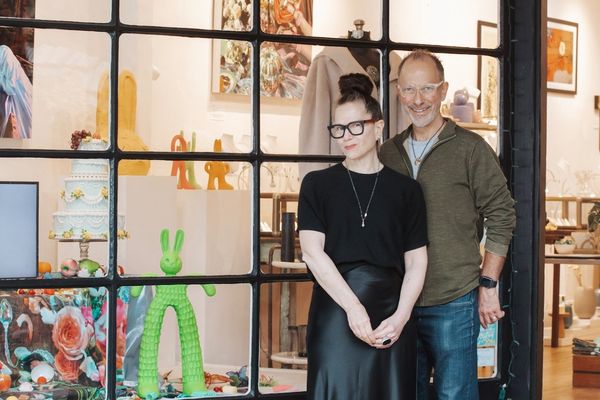There's a lot to consider when it comes to your fertility. The physicians at Pacific Fertility Center can answer your questions about fertility preservation to help you decide whether or not freezing your eggs is the right choice.
Should I freeze my eggs?
Fertility is a precious resource, limited to just a few years of your life. If you are delaying conception to allow time to develop a stable relationship, pursue an advanced education, or develop a business or career, consider the effects of age on your fertility.
A woman is most fertile from about age 18 to 29. Over age 30, her fertility progressively declines, and this decline accelerates in her late 30s and early 40s. That's why conceiving at these ages can be a real challenge for many women. In fact, spontaneous conception—without the help of assisted reproductive technology (ART)—is quite rare over age 43.
Egg freezing, however, allows you to save some of your youthful fertility resources for later use. This risk-reduction strategy can increase your chances of conception by 5 to 10 times.
When should I freeze my eggs?
When deciding the right age to freeze your eggs, it's important to consider factors such as your relationship status and education and career plans along with the age-related decline in fertility rates.
In general, the younger you are, the better the outcomes of egg freezing. Younger women produce higher numbers of better quality eggs that have a better chance of conception. Also, the longer you choose to delay family building, the more benefit you may gain from early egg freezing. On the other hand, a woman in her early 20s has more opportunities to conceive spontaneously, and may not need frozen eggs.
In your 20s. A large number of high quality eggs are found in a woman's mid-20s, so the best future outcomes result from eggs stored at this age. With the help of comprehensive chromosome screening (CCS), we know these eggs are highest quality because they have the greatest potential to produce healthy euploid embryos—those that contain a normal number of chromosomes. A 25-year-old doing in vitro fertilization produces an average of about 6 healthy euploid embryos per treatment cycle out of 12–18 eggs.
In your 30s. The eggs of women in their early- to mid-30s produce progressively fewer euploid embryos. Between ages 30–35, women produce an average of 3 euploid embryos. Between ages 38–40, they produce 1 euploid embryo on average.
In your 40s. At this age, less than one healthy euploid embryo is found per cycle. For women choosing to delay conception, there may be some benefit of egg freezing between ages 38 and 42. Although fewer healthy euploid embryos are expected in this age group and pregnancy rates are lower, a 38-year-old egg is likely to work better than an egg in your 40s.
How do I prepare for egg freezing?
If you've decided to freeze your eggs, the first step in the process is a consultation with one of PFC's physicians—who are all board certified in reproductive endocrinology and infertility (REI).
Tests. To assess your reproductive potential, your physician will use fertility tests such as an antral follicle count (AFC) and a blood test for anti-Müllerian hormone (AMH). These tests help determine how many eggs remain (the ovarian reserve) in the ovaries' small sacs (follicles).
// To learn more about fertility preservation at Pacific Fertility Center, visit their website.





















